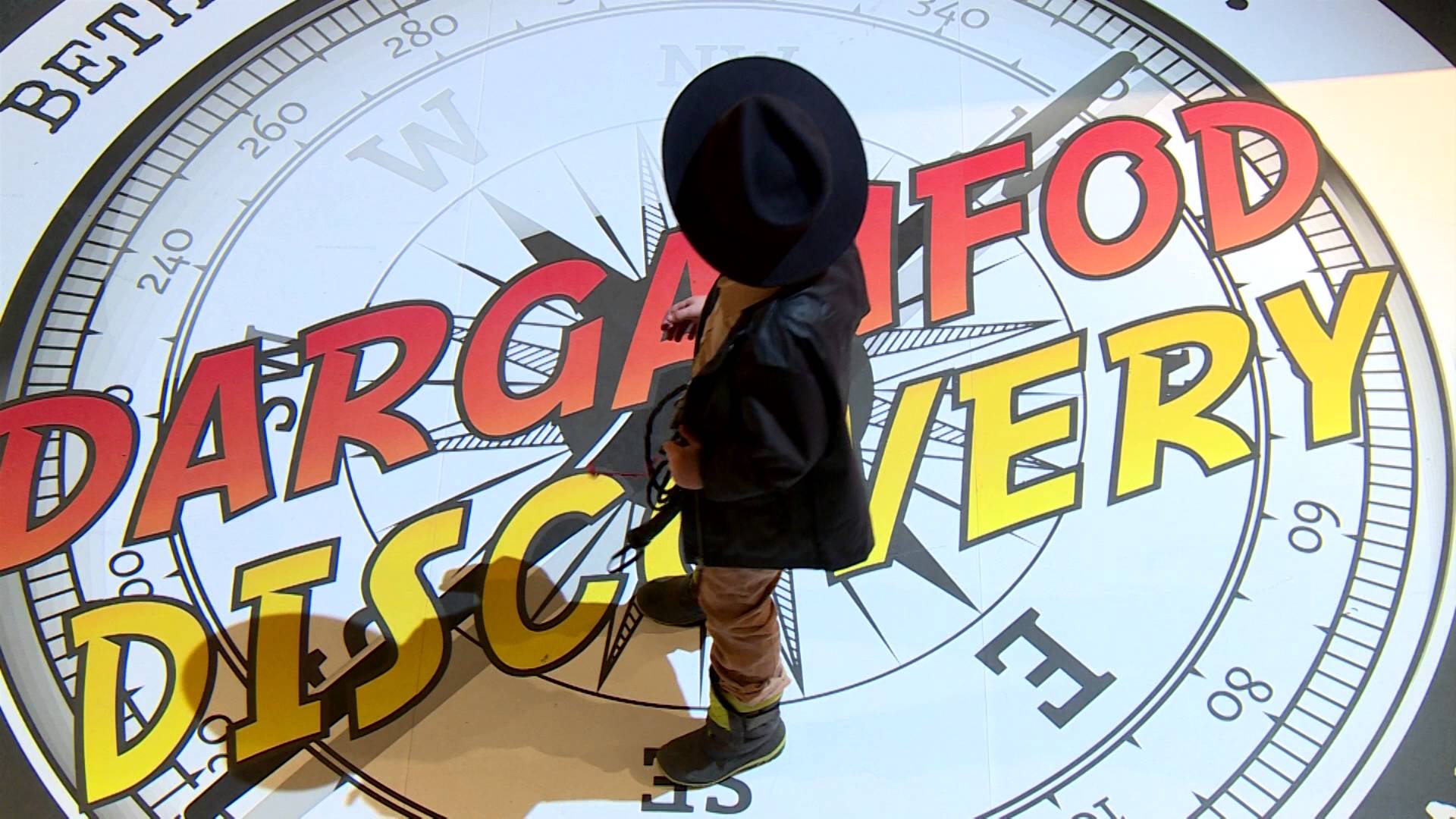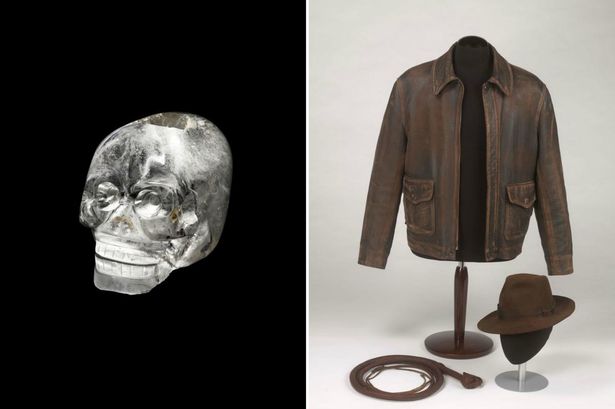Young Critics, 3rd Act Critics and Kids in Museums volunteers are working in collaboration with Amgueddfa Cymru – National Museum Wales (ACNMW) http://www.museumwales.ac.uk/ on a new free project focusing on the quality and standards of exhibitions and programming at their sites across Wales. Those involved recently spent a day with the staff at the National Museum, Cardiff. The response below is from Kids in Museums volunteer Kirsty Ackland. Hi name is Kirsty Ackland, and I am a volunteer from Kids in Museums I have been working with Young Critics on this new project with National Musem’s Wales . I am also a first year archaeology student at Cardiff University, and I am well known as a history nerd!

At first glance, the exhibition seems like a fantastic walk through ‘treasures’ of the past. On entry (after perhaps a slightly overpriced fee, cost adults £7, concessions £5, 16s & under free) all seems well with designs obviously targeted for kids and families. However on closer inspection, it seems that everything is a little too large and impressive, with much of the decoration put up for atmosphere taking away from the actual artefacts on display.
These artefacts, arranged in what appears to be chronological order (although no exact civilisation dates are given), are mostly replicas, which seems odd considering you are paying £7 to see actual archaeology. Much debate with our group afterwards revealed an interesting point about when exactly replicas become historical objects themselves. On the other hand, when museum archives are full of other perfectly acceptable ‘real’ pieces I feel this argument become a little invalid.
Moving on to how the information was displayed, this all seemed a little confusing. Some labels for artefacts were not related to the cases they were displayed in, and on one occasion you actually have to stand at a particular angle to notice it. It is also difficult to determine which of the larger displays relate to a specific cabinet for the story to flow. This all seems indicative of a rushed exhibit, and judging by how much bigger the hall is compared to the space used, I would say it could have been better thought out.
From an archaeological perspective there are some really great aspects within the exhibition. It utilises artefacts from both Wales and abroad, and there is even a real mummified body on central display, complete with its very own CT scan. Exciting, but for the other artefacts, there is little if any explanation of what they may have been used for, and virtually no interactivity based on archaeology at all. There is a nice little video area where you can learn about the history of archaeology and the origins of some of the major discoveries, such as the South American communities; and a display describing the issues with fake artefacts. This is all very interesting, and easy to discover if you have a day to spend simply reading and learning.
 The real “selling point”, is of course the Indiana Jones section of the exhibit. This is very exciting for adults reliving their childhood, as there are Crystal Skulls and in all its glory the outfit Indie himself wore in the films. During our discussion the question was raised as to how many children these days would be interested in a franchise from the 1980’s, but from the reactions of the children there, perhaps the old costume was working as intended. Again however this raises an issue with me personally. The idea that the museum is paying George Lucas/Lucasfilm to hire a costume that has already made him millions – and I may add will continue to do so-seems strange to me. Usually advertisements work the other way around. What makes this worse is that the museum is already paying to house objects in their archives. Quite honestly this exhibit would be just as good without the Indiana Jones appeal and thus could save the museum a few quid … which could quite easily end up back in the pocket of the general public.
The real “selling point”, is of course the Indiana Jones section of the exhibit. This is very exciting for adults reliving their childhood, as there are Crystal Skulls and in all its glory the outfit Indie himself wore in the films. During our discussion the question was raised as to how many children these days would be interested in a franchise from the 1980’s, but from the reactions of the children there, perhaps the old costume was working as intended. Again however this raises an issue with me personally. The idea that the museum is paying George Lucas/Lucasfilm to hire a costume that has already made him millions – and I may add will continue to do so-seems strange to me. Usually advertisements work the other way around. What makes this worse is that the museum is already paying to house objects in their archives. Quite honestly this exhibit would be just as good without the Indiana Jones appeal and thus could save the museum a few quid … which could quite easily end up back in the pocket of the general public.
All in all, this exhibit would be quite good as a full day’s exploration to get your money’s worth. The affect of inspiring a generation of budding archaeologists is one that you could certainly feel from this exhibit. Everything had the wow factor that could light up a child’s imagination-or explode it. Much of the exhibition was celebrating archaeology, a subject which is all but glamorous, and had the effect of organised chaos, which from a family perspective, would not be wanted
